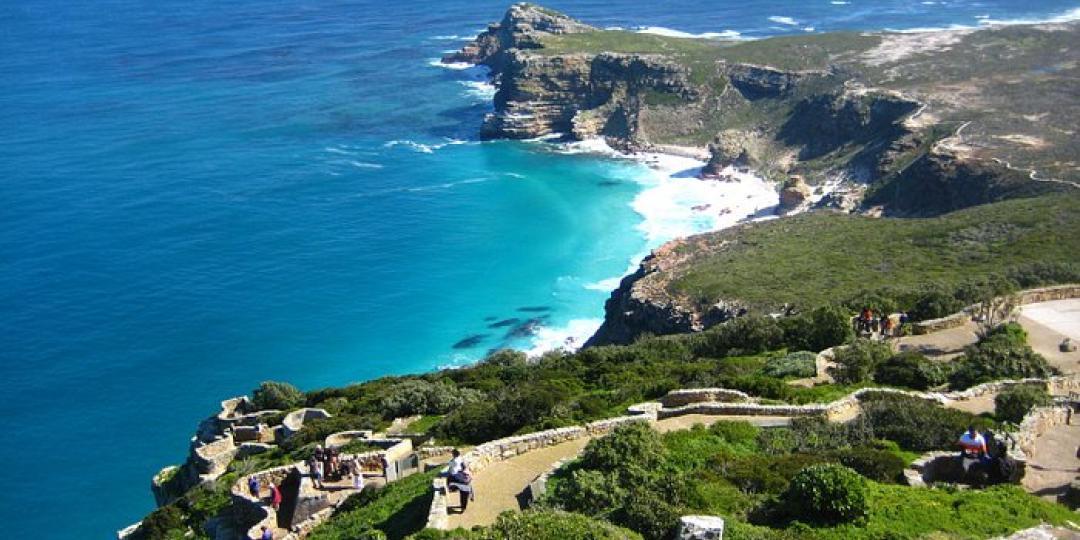Keeping South Africa on the ‘red list’ is unnecessarily impeding economic recovery, especially in the tourism and hospitality sectors, according to the Western Cape Minister for Finance and Economic Opportunities, David Maynier.
“I’d like to extend our support to all those, including SATSA, who have mounted a comprehensive campaign for South Africa’s removal from the UK’s ‘red list’, and we will continue to add our voice to the growing call for the UK government to urgently remove South Africa from the ‘red list’ as this will go a long way to supporting our economic recovery in the Western Cape,” he said in a statement on Monday (September 20).
Maynier pointed out that the UK was the single biggest overseas country source market for tourists to South Africa, with some 444 000 travellers visiting in 2019. Furthermore, the UK is the Western Cape’s biggest source market, accounting for almost 15% foreign tourists visiting the province.
“An estimated 28% of those visited friends and family, highlighting that this is not only about holidays but also about the separation of families and loved ones. In 2020, as a result of the COVID-19 pandemic, only 132 000 visitors arrived from the UK in South Africa,” said Maynier.
He said the tourism sector generated R15.5 billion (€892.6m) in gross value-add and supported 174 982 jobs in 2019 in the Western Cape.
“But the sector has been hard hit and, while the Western Cape maintains the lowest unemployment rate in South Africa, the tourism sector is estimated to have lost
75 477 jobs in 2020. Easing travel restrictions for those travelling between the two countries ahead of our summer season will provide much-needed relief for the tourism and hospitality sector in the Western Cape,” emphasised Maynier.
Furthermore, he added, the UK was also the Western Cape’s second-largest export market, which was valued at R12.3 billion (€XXX) in 2020, while imports from the UK into Western Cape amounted to R3.9 billion (€XXX) in 2020.
“And so, keeping South Africa on the UK’s ‘red list’ for an extended period of time will likely also have a negative impact on trade and investment, particularly in relation to expanding existing investment and stimulating the entry of new UK investors into South Africa.”
Maynier pointed out that there were several inconsistencies in the methodology used to determine which countries ended up on the ‘red list’ produced by the UK. These are:
- South Africa’s proportion of fully vaccinated population is eight times higher than that of Kenya, and three times higher than that of Egypt, and yet South Africa remains on the ‘red list’, while both Egypt and Kenya will be moved off the ‘red list’ from September 22;
- New positive cases relative to population size recorded in Turkey over the last seven days was approximately 4.7 times more than what was recorded in South Africa, and in the case of the Maldives, there were 2.25 times more new cases recorded over the last seven days in comparison to South Africa, and yet South Africa remains on the ‘red list’, while both Turkey and Maldives will be moved off the list from September 22.
“Cape Town and the Western Cape is travel safe and we look forward to welcoming visitors from the UK to experience the diverse and affordable attractions we have to offer,” concluded Maynier.






















